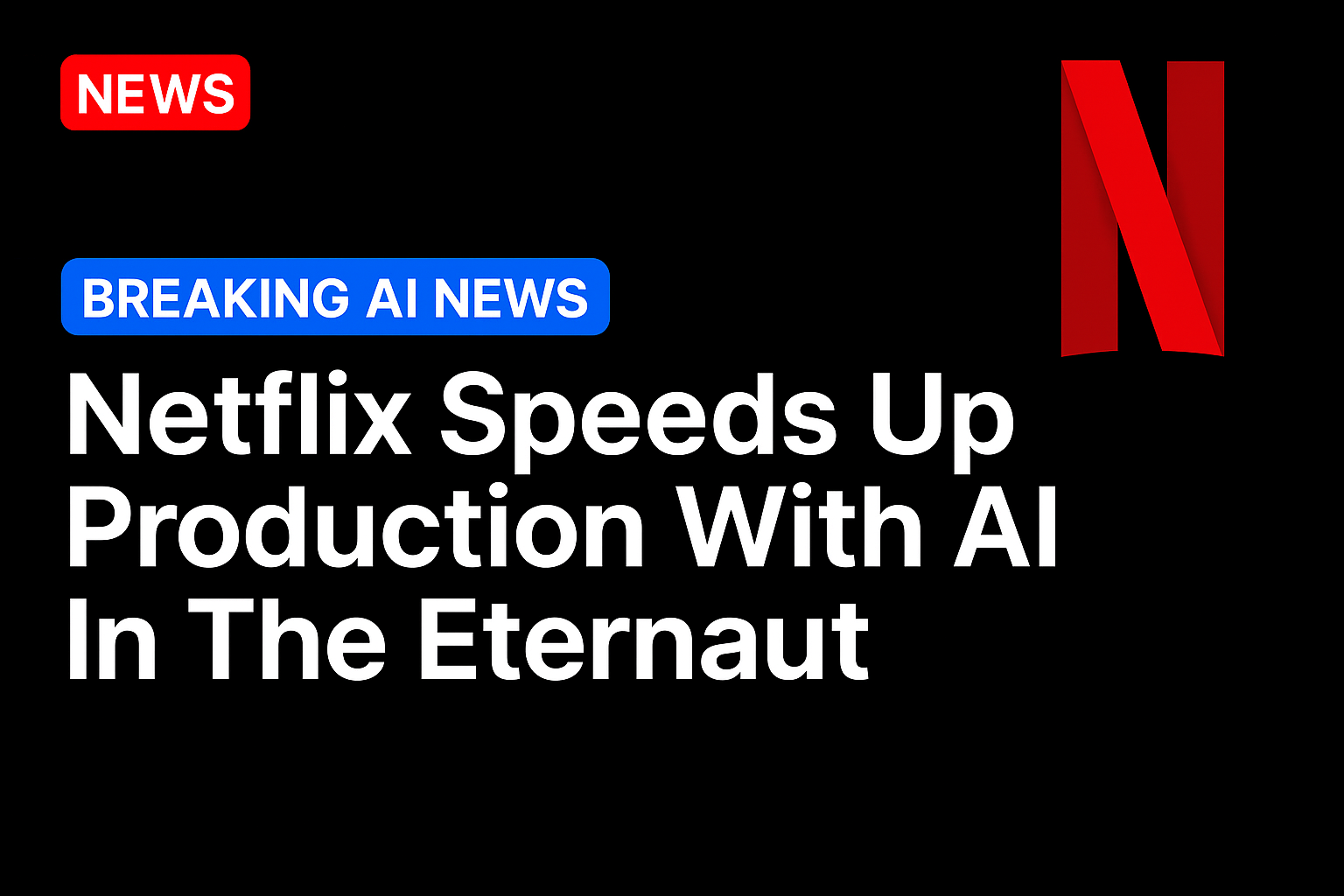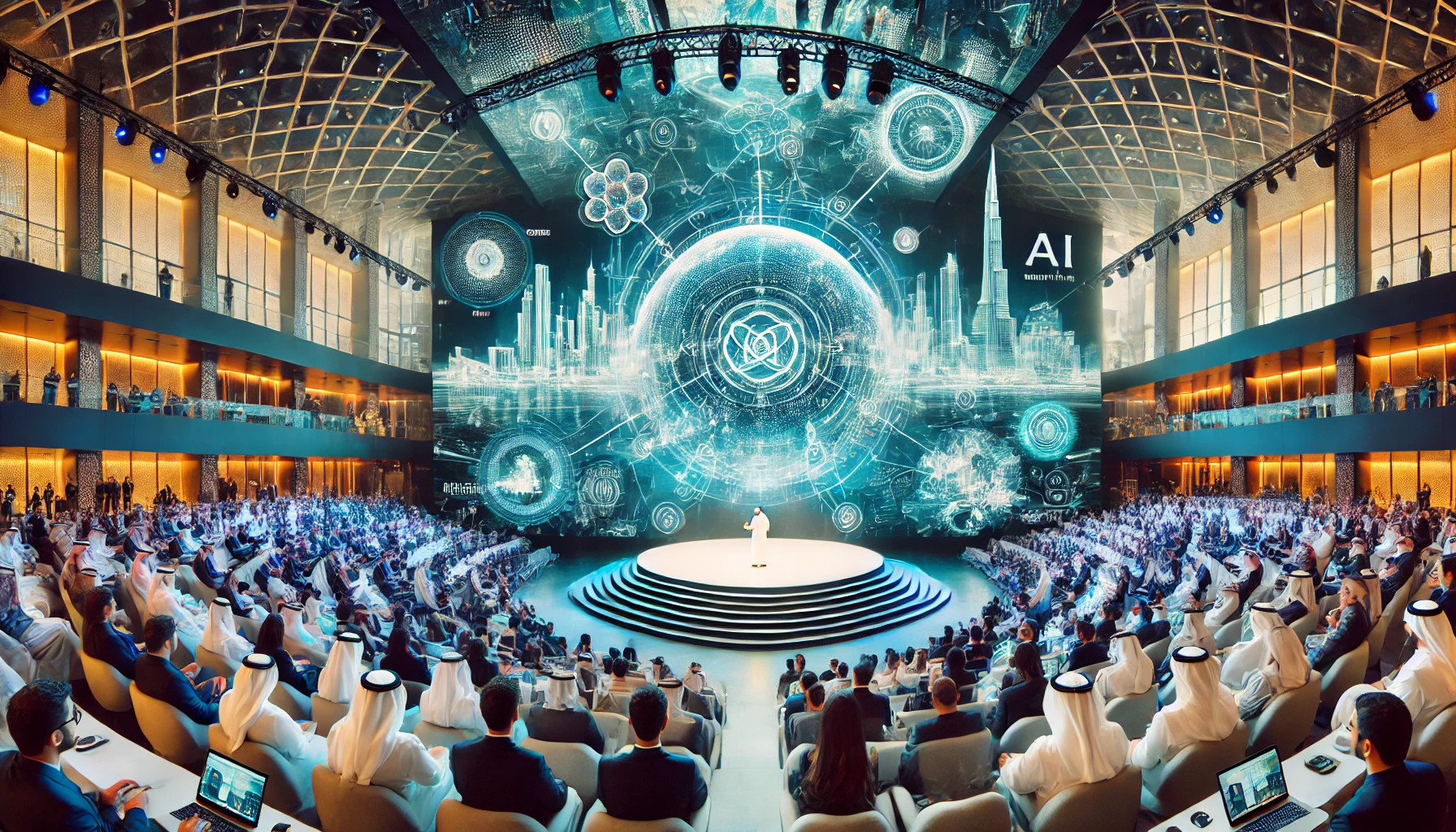Netflix has taken a significant step forward in integrating technology into its content production by utilizing generative AI for the first time in one of its TV shows. The streaming giant confirmed that it employed AI tools to create a scene in its Argentine science fiction series, The Eternaut. This particular scene, which depicted the collapse of a building in Buenos Aires, was generated using AI rather than traditional visual effects (VFX) methods. The decision to use AI was driven by the need to make the production process more efficient and cost-effective.
The AI-assisted sequence was completed approximately ten times faster than it would have taken using standard VFX workflows. This speed allowed the scene to be produced without exceeding the show’s budget. Ted Sarandos, Netflix’s co-CEO, emphasized that the use of AI was not about replacing human creativity but rather enhancing it. He stated that this technology provides production teams with better tools to work with, especially when resources are limited. Sarandos also highlighted other areas where AI can be beneficial, such as pre-visualization and shot planning, which do not directly appear on screen.
The Eternaut, based on a classic Argentine graphic novel, follows the story of survivors in a post-apocalyptic Buenos Aires after a toxic snowfall. The building-collapse scene is the first instance where
NFLX-5.10% has publicly acknowledged the use of generative AI for visual effects in one of its productions. The company collaborated with Eyeline Studios, its internal VFX division, and Argentine creatives to execute the sequence. Although specific details on the cost and time savings were not disclosed, the claim of a tenfold increase in speed underscores the impact of AI tools on the production process.
The broader entertainment industry is still navigating the implications of generative AI. Last year, actors and writers went on strike to establish boundaries on how studios could use this technology. The final agreements allowed for AI in certain scenarios but ensured that humans remained in control of core creative roles. Netflix’s approach in The Eternaut aligns with this framework, using AI to assist rather than replace VFX artists. However, concerns about job losses and reduced demand for skilled labor in post-production persist within the industry.
Beyond VFX, Netflix is exploring other applications of generative AI. The company is testing a search feature that understands natural language and plans to introduce interactive ads powered by AI later this year. These tools aim to personalize the user experience and streamline internal workflows. In a quarter where Netflix earned significant revenue, partly driven by the final season of Squid Game, the company’s momentum is evident. Sarandos attributed this success to a combination of high-quality content, increased pricing, and stronger advertising performance.
The future of generative AI in Netflix productions will depend on its performance over time and the reactions of creators and unions. For now, the use of AI in The Eternaut demonstrates how a show with a limited budget can achieve dramatic VFX shots. The sequence appears convincing, costs were managed effectively, and the production stayed on schedule. This small but significant example illustrates how AI is beginning to influence what viewers see on screen, often unnoticed but integral to the production process. For Netflix, this subtle integration of AI may be the key to maintaining its competitive edge in the streaming industry.
Source: https://www.ainvest.com/




